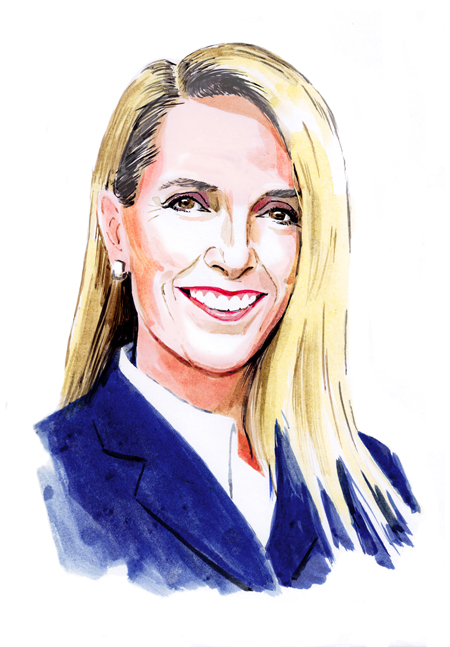
Portrait by Dan Williams
We have a new pastor in our church. After celebrating the retirement of the beloved pastor who shepherded our faith community for over 22 years, we grieved his departure while excitedly awaiting our new leader.
During a recent service, I made several observations. The altar looked different. Is that a new cross? New kneelers? Different protocols for the lay ministers? And where did live-streamed services go? I found my excitement dwindling.
My immediate reaction was: I don’t like it. The pastor had just arrived. Why make changes that may not fit with who we are? I was stewing a bit through the service, until it hit me: My thoughts as a community member (and those of my fellow parishioners) will contribute to the success or failure of our new pastor.
Could I be the problem? I had to admit: Yes.
Coincidentally, I had a conversation with a researcher who has conducted extensive studies on congregations. He observed that new pastors, particularly those who are creative and entrepreneurial, tend to leave within 18 months when initially placed in churches that resist, restrict, or curtail new vision. And the departures are not just from the congregation itself, but from congregational ministry altogether.
He also noted that those graduates who demonstrate less creativity and more acceptance of the status quo tend to survive in congregations that are comfortable with the status quo themselves. These ministers remain in the pulpit, contributing to the overall retention of more average leaders and fewer entrepreneurial, imaginative ones. And that is a problem.
I had to think about that: Who would want an average pastor? What could be missing by holding fast to the status quo? I want to be challenged, to see fresh ideas and new life taking root in my congregation. I think of myself as a change agent – someone who grasps new opportunities and seeks out resourcefulness and fresh ideas. This is right up my alley!
But when faced with real change, I responded by clinging to the comfortable instead of embracing the newness, which brings fresh perspective and opportunity to the community.
Communities that want to flourish, be they congregations or theological schools, must always grow and evolve. This requires a community willing to open itself up to change. And it begins with each individual.
So, I invite you to ask yourself: When it comes to my community’s ability to change, am I the problem?
Amy L. Kardash, President